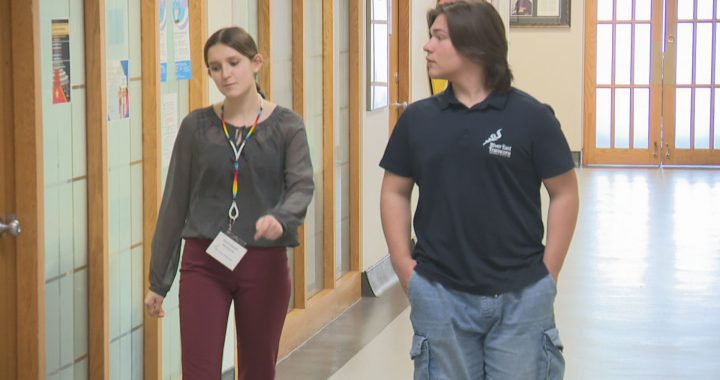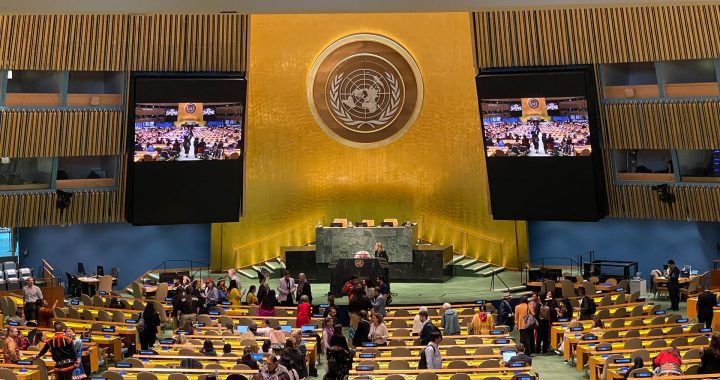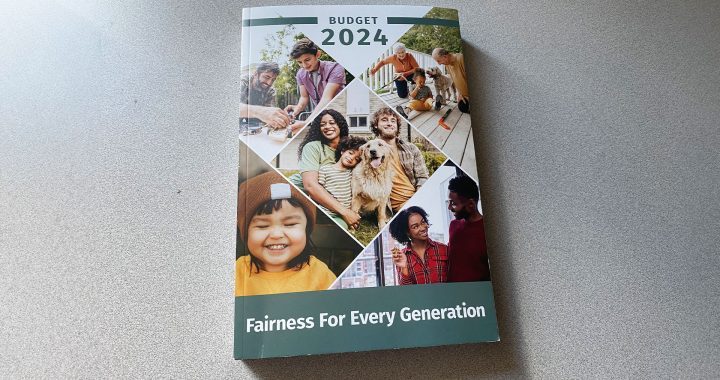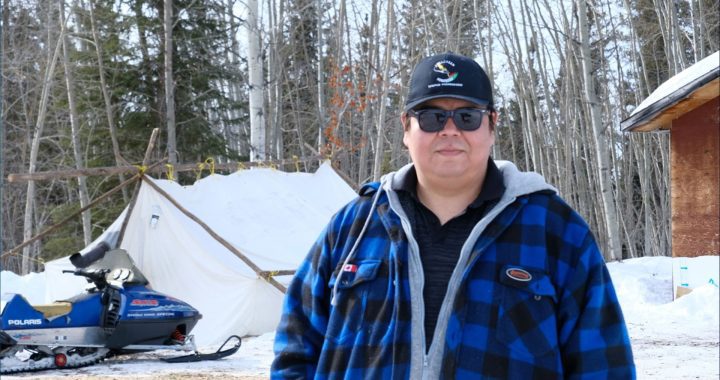The head of the First Nations Child and Family Caring Society says what happens next is far more important than the Pope’s trip to Canada or his apology to residential school survivors.
Cindy Blackstock says the Canadian public must continue to put pressure on both the Catholic Church and government for meaningful change.
“There’s more to be done,” she says “That pressure has to be on them. We can’t let them get away with, ‘Oh well, it takes a long time. Change doesn’t happen overnight or this is a good first step.’ None of that. No. They are big, they are well resourced, they could make these changes.”
The changes Blackstock is talking about are ones that have long been demanded from the church.
They include taking responsibility as a collective institution for the atrocities committed against Indigenous children and families by the residential school system, releasing all residential school records and renouncing the doctrine of discovery.
Not to mention the Catholic Church’s failure to pay the financial compensation it owes to residential school survivors.
Blackstock says Canadians have long known about the horrors of the residential school system but it has changed little.
“We have a pattern of these atrocities coming to publication as early as 1907. The media had headlines – ‘Absolute inattention to bare necessities. Children dying like flies.’ These were headlines in national newspapers back in 1907 about the kids in residential schools. People were outraged back then but when the headlines died, so did the children.”
She says what has changed in recent months is the collective horror and resulting public pressure on the church and government after the discovery of hundreds of unmarked graves on the sites of former residential schools in the summer of 2021.
This played a critical role in the Indigenous delegation’s trip to Rome in the spring, Pope Francis’s trip to Canada this summer and the papal apology, Blackstock says.
Read More:
Road to Truth: The Pope’s Visit
First Nations leaders to meet top Canadian bishop to discuss papal bulls, Church records
Veldon Coburn teaches in the Institute of Indigenous Research and Studies at the University of Ottawa.
He too says the Pope’s speeches were far too short on specifics.
“The statements that have been made by his holiness as he arrives here – they seem to sidestep any direct reference to the church and that it was directed by the church,” Coburn says. “Rather he spreads it out across the Christian denomination. So, I was looking for a little bit more of direct contrition by his holiness in taking responsibility for it (residential school system) on behalf of the church.”
Claudette Commanda is an elder with the Kitigan Zibi Anishinabeg First Nation north of Ottawa. She was recently named chancellor of the University of Ottawa.
She says without concrete action; an apology is meaningless.
“What was needed from the church, the Vatican, the Catholic Church, is that acknowledgment, that admission, and that accountability and there has to be action,” Commanda says.
Commanda also agrees with Blackstock that without concerted outside pressure, the Church will not move on these issues on its own.
She says she doesn’t buy the argument, as some have contended, that the apology is an important first step and there will be more concrete action to follow.
“If the church is truly meaningful in the sense of saying, ‘We understand what the doctrine of discovery is, we must turn over the records, we must do the right thing.’ Well, he should have said it in his apology. Do it now.”
Blackstock says one of the biggest problems is the Catholic Church’s continued refusal to take collective ownership of the harms it caused through the residential school system.
“When you don’t accept the responsibility that your institution, in this case, the Catholic Church, has breached so many human rights, done so much harm to children, including children in unmarked graves, children who died. And you’re still not at a place of accepting accountability. Then there’s a real question as to what you’re going to do in terms of reforming your behaviour. And that’s the piece that’s left out of the apology.”
She says there are a number of mechanisms the Canadian government could use to hold the church to greater account for its role in the residential school system.
These include revoking the Catholic Church’s charitable tax status in Canada, speaking out against the Holy See at human rights reviews in the international fora and making sure the Vatican Bank itself is accountable.
Watch Tamara Pimentel’s story on political reaction to the Pope’s visit here:









